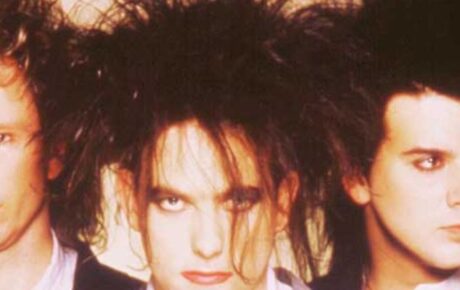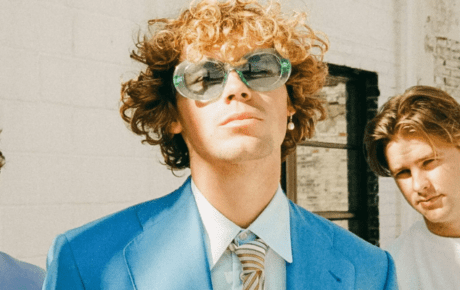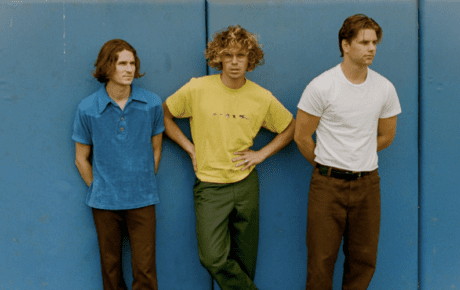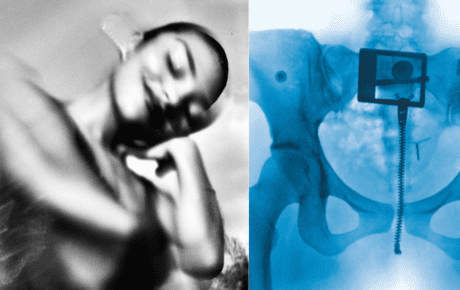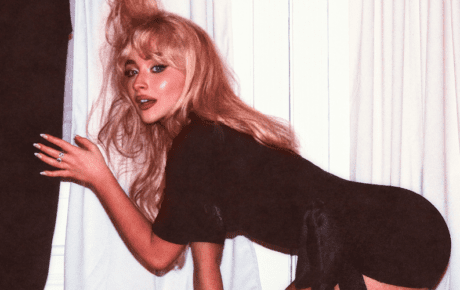It has been some months since the release of Abel Tesfaye’s sixth studio album, Hurry Up Tomorrow. The project was well received by fans and marked a return to the top of the Billboard charts for the Ethiopian-Canadian R&B pop star known as “The Weeknd.” The album was a long time in the making, coming a little over three years after his 2022 conceptual dance pop album Dawn FM, and marks the final entry in a trilogy of connected releases Tesfaye had teased would lead to the end of his time as The Weeknd. To collect and market a second trilogy of connected works, starting with 2020’s massive After Hours, was a call back to his trio of mixtapes released all the way back in 2011 and serves as a fitting book end for this 15 year period of artistry.
Of course, Tesfaye has just released a feature length film accompaniment to Hurry Up Tomorrow, sharing the same name. A visually focused artist with a love for works from filmmakers like John Carpenter, Paul Verhoeven, and Roman Polanski, Tesfaye had partnered with Sam Levinson, of Euphoria fame, for The Idol in 2023. The HBO show was pitched as an erotic depiction of the dark sides of Los Angeles’ show business but ended up being cancelled and shortened due to strongly negative critical reception from viewers and reviewers alike. The production of The Idol was troubled and possibly part of the reason why the artistic intent didn’t translate. This time around, Tesfaye has sought out director Trey Edwards Shults, of It Comes at Night and Waves fame, to bring to life the film accompaniment to the album—hopefully with greater success.
Hurry Up Tomorrow follows The Weeknd, played by himself, during a particularly stressful section of his world tour. He is going through a breakup with an unnamed woman and is handling it horribly, trying to drown his sorrows in his work as a performer and drunk and drugged nights out with his inner circle. Being pushed to perform despite his unhappiness by his manager Lee, played by Barry Keoghan, results in a stress induced case of muscle tension dysphonia (or hoarse voice). With a valid medical reason to postpone a show, Lee insists Tesfaye perform as Lee views the performance as owed to the fans, irrespective of any personal issues Tesfaye is dealing with. He gives Tesfaye some drugs to get him ready to put on a show but the singer’s voice fades out due to the MTD. Overwhelmed with the idea that he has disappointed thousands of fans with the very first song, Tesfaye locks eyes with a fan more concerned with his wellbeing than getting another song out of him. This fan is named Anima and is played by Jenna Ortega. The two meet each other after the concert is cancelled and hang out for the night. From there, The Weeknd has to go on to the next show, but Anima has other ideas. The movie goes on and I don’t want to give too much away for those that want to watch.
The visual language of this film is lovely. Shots by BlacKkKlansman and Blonde (2022) cinematographer Chayse Irvin, on super 8, 16mm, and 35mm film give this feature a look worth pointing out. Waves was no visual slouch so it is warming to see director Shults building up a visually pleasing filmography in real time. Shults also serves as the film’s editor, something that becomes apparent in Hurry Up Tomorrow’s contrasting style of lengthy oner’s and strobe-light montages. The colour palette takes on strong hues of deep reds and cold blues before taking on a bleak splatter of orange and brown in the second half. The Weeknd’s opening song on the fictional tour is also the album’s opener, Wake Me Up, and we see him get hyped before taking the stage all in one take. The singing and the set design are all top notch. Again, the concert set takes on red lighting and it all just looks great. Expect to see stills from the movie in the months to come on social media archive pages.
View this post on Instagram
Where the movie takes a dive in quality is in the area of performance and the overall story. Tesfaye is doing better work than he did in The Idol but his acting range is limited overall. I feel this limited space to work in cuts off where the script could go in regards to his character’s arc. The film is labelled a psychological thriller and there are certainly times where Shults succeeds in bringing us into the minds of the three characters. There is a particularly tense scene towards the end of the film with the more seasoned actors that really makes you wonder where it is all going—and then it goes back to Tesfaye. As only a co-writer, Shults can only do so much and succeeds most in setting the tone of Ortega’s character during her introduction. The film tries as best as it can to highlight the psyche of its main character, through the few sequences with Lee and fractured scenarios with Anima, but we as viewers aren’t given much more than a few lines that bring us into The Weeknd. This culminates in a performance of the titular and final song of the album that, while sung adequately, lacks lasting emotional resonance.
The idea for the film came from a similar scenario in 2022 where The Weeknd actually did lose his voice and cancelled shows due to his health, and production of the film primarily took place in 2023. Tesfaye stated in a recent interview that the album was inspired by the film and finished during the film’s post-production. The two works then are two sides of the same coin and, well, let’s say the coin is weighted in favour of the music. Hurry Up Tomorrow remains a highlight of 2025’s music calendar for its ambition and success in closing out The Weeknd’s discography as Tesfaye hints at a brand and stage name change for future musical works. As for the movie, while it is visually interesting and Trey Edwards Shults is doing what he can, Hurry Up Tomorrow offers little to storied fans of The Weeknd and even less to everyone else.
Hurry Up Tomorrow is now playing in select theatres. More info here.

